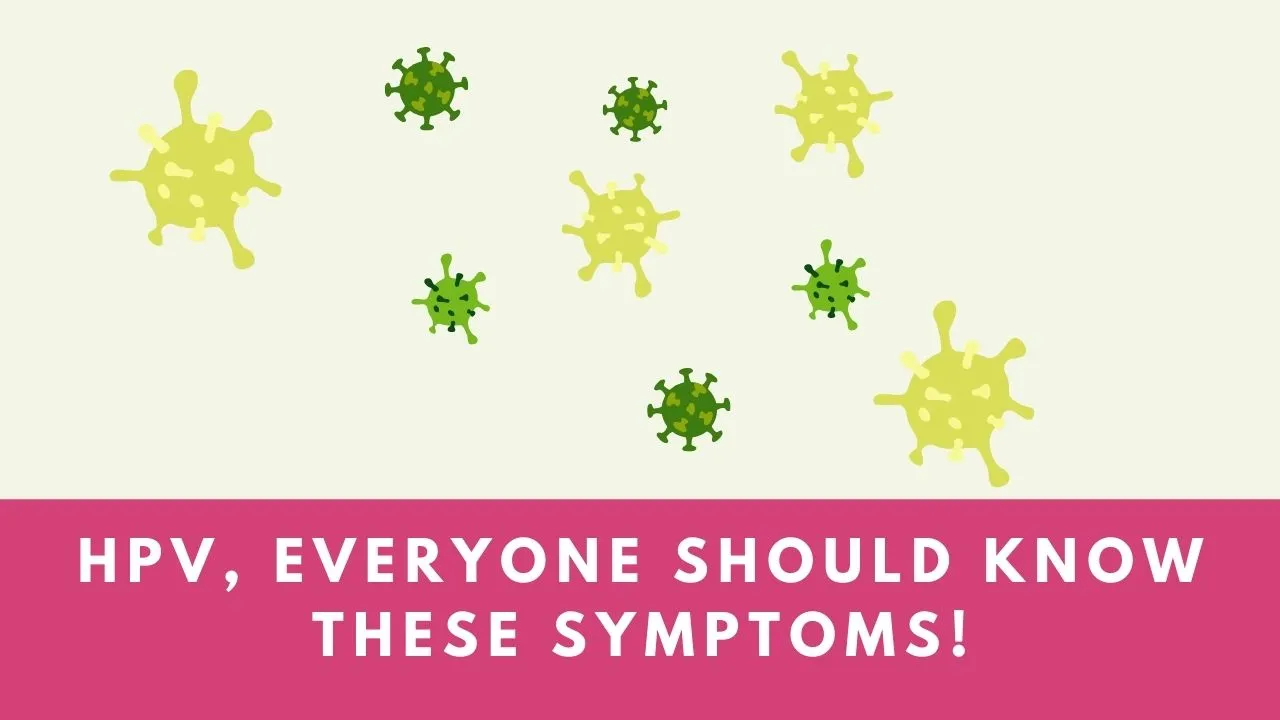Human papillomavirus (HPV) is one of the most common sexually transmitted infections (STI) viruses. According to current statistics, many people become newly infected with HPV every year. The speed and extent of the global spread of HPV are equally alarming.
Certain types of HPV infections are more dangerous and can lead to cervical cancer Cancer and other cancers if left untreated. Unfortunately, many types of HPV don’t show any symptoms, meaning you may not know you have it unless you get tested.
The following source of information is from the U.S. Centers for Disease Control and Prevention.
What are the symptoms of HPV?
Most of those affected do not show any symptoms and therefore usually do not know that they are infected. But according to the Centers for Disease Control and Prevention, some noncancerous types of HPV may be the cause Warts in several areas of the body.
These warts can appear on the genitals, anus, mouth, throat, or hands and feet. Genital warts can be sexually transmitted and appear as flat lesions, small cauliflower-shaped bumps, or tiny stalk-like bumps. Warts on places other than the genitals, such as the hands and feet, cannot be sexually transmitted.
Regardless of the wart’s location, the types of HPV that cause wart symptoms are considered low-risk and cannot cause cancer, according to the Centers for Disease Control and Prevention. High-risk HPV types do not cause symptoms but can lead to cervical cancer if infected for a long time. Less commonly, these types can also cause cancer of the vulva, vagina, penis, anus, or throat. Because of the risk of this type of cancer, it is important to detect and prevent it.
Which HPV types are dangerous?
In most cases, your immune system fights an HPV infection, preventing symptoms or health problems from developing. According to the Cancer Research Institute, warts caused by noncancerous HPV infections are rare, harmless, and are primarily caused by types 6 and 11. Most HPV-related cancers are now caused by types 16 and 18.
How often should you get tested?
According to the National Cancer Institute (NCI), cervical cancer can take several years to develop after an infection. This means that if you get tested regularly, you can receive HPV treatment before the virus causes cancer.
One of the tests for cervical cancer includes a pap smear , which tests cervical cells to determine whether they are cancer cells or whether they are at risk of causing cancer. However, this screening does not reveal the cause of cervical cancer; Pap smears cannot detect HPV .
Instead, doctors use HPV testing to determine whether a person is high risk and at risk for cancer.
As of 2018, the US Preventive Services Task Force (USPTF) recommends that most cervical cancer patients ages 21 to 65 have a Pap test at least every three years, depending on whether they have recently had an abnormal Pap smear. Patients aged 30 to 65 should continue to have a Pap test every three years or choose a combined test (Pap smear and HPV test) every five years. However, people under 21, over 65, or who have had their cervix surgically removed should not be tested.
Women can go to a hospital or the Centers for Disease Control and Prevention to make an appointment for vaccination. Unfortunately.
There is no cure for HPV. However, if your Pap test results are abnormal, your doctor will perform further testing and may remove precancerous cells from your cervix, according to the Centers for Disease Control and Prevention. There are also treatments for other problems it may cause, such as topical medications to treat warts.
How do you protect yourself from an HPV infection?
The HPV vaccination can protect you against certain types of this infection. The Centers for Disease Control and Prevention recommends that people of all genders get vaccinated by age 11 or 12, but vaccination can occur as early as age 9. If you are not yet vaccinated, you should still get vaccinated if you are 26 years old or younger. In the meantime, if you have not yet been vaccinated and are between the ages of 27 and 45, talk to your doctor about whether you should get vaccinated.




